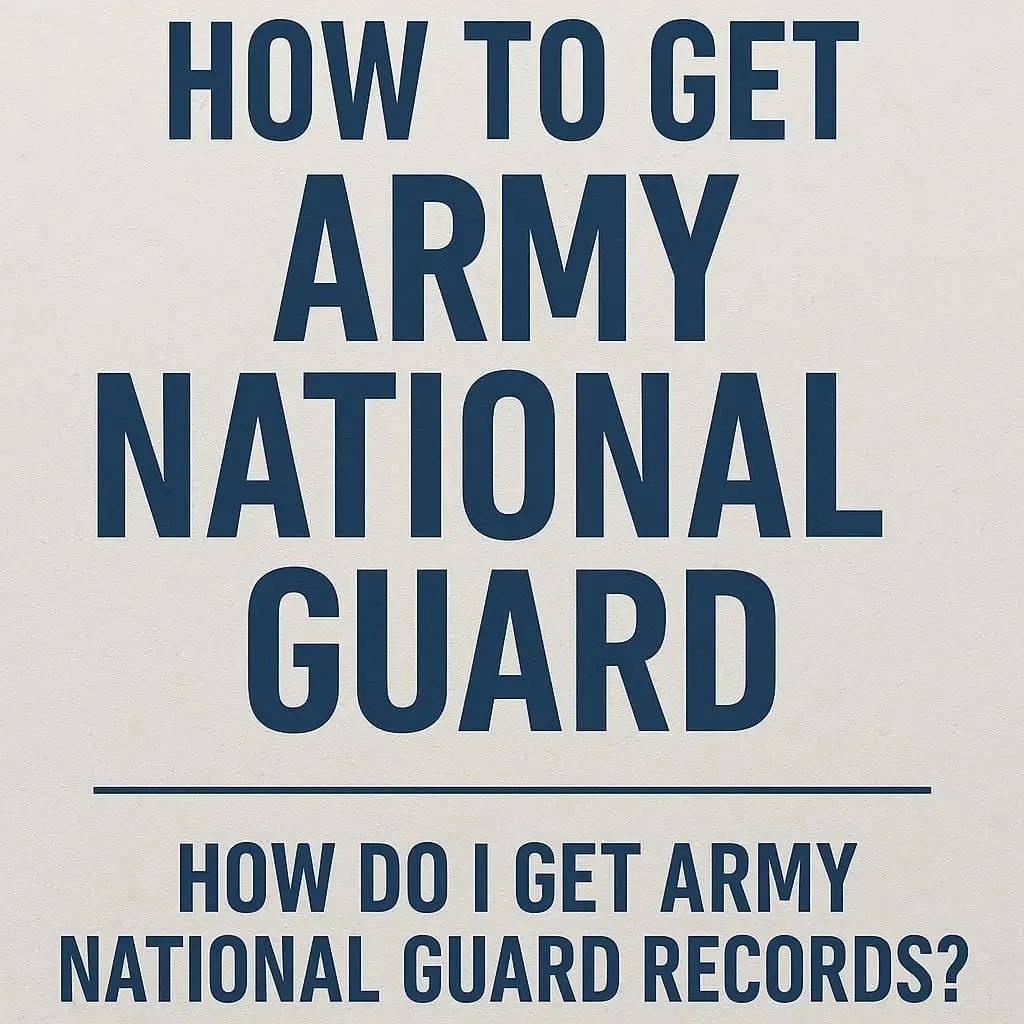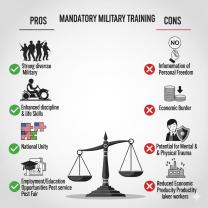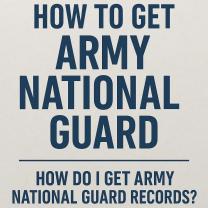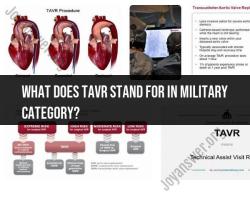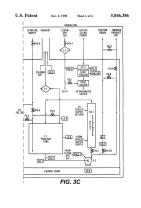How do I get Army National Guard records?
To get Army National Guard records, the process depends on the type of record you need (personnel, medical, or service-related). Here’s a breakdown:
1. Service Records (DD-214, NGB Forms, Personnel Files)
DD-214 (Certificate of Release/Discharge from Active Duty): If you served on active duty, you’ll have a DD-214.
NGB-22 (Report of Separation and Record of Service): This is the National Guard equivalent of the DD-214. It shows your Guard service history.
How to request:
Submit a request through the National Archives (NPRC) using Standard Form 180 (SF-180).
Online requests: vetrecs.archives.gov
By mail/fax: Complete SF-180 and send it to the National Personnel Records Center (NPRC) in St. Louis, MO.
If you were discharged after 2019, records may still be at your state National Guard headquarters.
2. Medical Records
If treated during service, your service treatment records are usually sent to the VA (if you filed a claim) or stored with the NPRC.
For recent separations, check with your state National Guard unit or medical command first.
3. State Army National Guard Records
The National Guard is state-controlled (unless federalized).
Each state’s Adjutant General’s Office or State National Guard Headquarters maintains more recent personnel records.
If you need your NGB-22 or other state-specific forms, contact your state’s Office of the Adjutant General.
4. Veterans Affairs (VA) Assistance
If you’re filing for benefits or healthcare, the VA can often help retrieve the needed Guard records.
Visit VA.gov records request to learn more.
5. Steps to Take
Identify the records you need (DD-214, NGB-22, medical, service file).
If separated long ago → Request via NPRC (St. Louis).
If recently separated (after 2019) → Contact your state National Guard headquarters.
For benefits claims → Work with the VA, which can pull needed documents.
Fill out SF-180 (if going through NPRC). Keep a copy for yourself.
Tip: Processing at NPRC can take several weeks to months, so request early if you need records for a job, VA claim, or retirement paperwork.
A Guide to Requesting Army National Guard Records
Requesting military records, particularly from the Army National Guard, can be a complex process. Unlike active-duty records, National Guard records are often maintained at both the state and federal levels. This guide breaks down the process to help you navigate it successfully.
How to Request Army National Guard Records?
The process for requesting Army National Guard records depends on a few factors, primarily the service member's current status (active or separated) and the date of their service.
For separated service members and veterans: The primary repository for discharged military personnel records is the National Personnel Records Center (NPRC) in St. Louis, which is part of the National Archives and Records Administration (NARA). You can request records from the NPRC by using Standard Form 180 (SF-180), which can be submitted by mail, fax, or through their online system, eVetRecs.
For service members still in the National Guard: Their records are maintained at their state's National Guard headquarters. You will need to contact the specific state where the service member served to obtain their records. Many state National Guard websites have specific points of contact or forms for records requests.
For records of service after 2002: The U.S. Army Human Resources Command (HRC) may also hold records, and service members can often access their files through the Interactive Personnel Electronic Records Management System (iPERMS) using their Common Access Card (CAC) or DS Logon.
When making a request, be sure to include as much information as possible, such as:
The veteran's full name as used in service
Social Security Number or service number
Dates of service
Branch of service
Date and place of birth
What Documents Are Included in National Guard Records?
A military service record, or Official Military Personnel File (OMPF), typically contains a comprehensive set of documents detailing a service member's career. Some of the most common documents you may find include:
DD Form 214 (Certificate of Release or Discharge from Active Duty): This is the most critical document for most veterans, as it verifies service for benefits, retirement, and employment.
NGB Forms (NGB 22, NGB 23): These are National Guard Bureau forms that document a member's service.
Enlistment/Appointment Documents: Paperwork related to joining the service.
Performance Reports: Official evaluations of the service member's performance.
Awards and Decorations: A list of all medals, citations, and awards received.
Separation and Discharge Information: Details about the type of separation and character of service.
Medical and Health Records: These are often included in the OMPF, though they may be maintained separately.
It's important to note that records do not typically contain detailed information about a veteran's participation in specific battles or engagements.
How Long Does it Take to Receive National Guard Records?
The time it takes to receive records can vary significantly. Requests from the NPRC can take anywhere from a few weeks to several months, depending on the volume of requests they are handling.
Online Requests (eVetRecs): Using this system is often the fastest method for submitting a request.
Mail and Fax: These methods can take longer to process due to the volume of correspondence.
Emergency Requests: The NPRC has a process for emergency requests (e.g., for funerals or urgent medical needs). You should clearly state the emergency in your request and fax it to their designated emergency fax number.
Are There Fees to Obtain Military Records?
For veterans, their next-of-kin, or authorized representatives, there is generally no charge for basic military personnel and health record information from federal (non-archival) records.
However, fees may be charged in specific situations:
Archival Records: Records that are more than 62 years old are considered "archival" and are open to the public. The NPRC may charge a flat fee for a complete photocopy of the Official Military Personnel File (OMPF). The fee is typically a flat rate of $70 for OMPFs of 6 pages or more.
Excessive Requests: If a request is complex and requires extensive searching, processing, and photocopying, a fee may be charged to cover the costs. You will be notified in advance if a fee applies.
5. Can I Access Someone Else’s Army National Guard Records?
Access to a service member's records is restricted due to privacy laws.
For records of a living veteran: You will need written consent from the veteran to access their full records. Without consent, you can only obtain limited information that is considered public under the Freedom of Information Act (FOIA).
For records of a deceased veteran: The next-of-kin (un-remarried spouse, father, mother, son, daughter, brother, or sister) can request the full records. They must provide proof of the veteran's death, such as a copy of the death certificate, a letter from a funeral home, or a published obituary.
For records of a veteran separated more than 62 years ago: The records are considered "archival" and are open to the general public. Anyone can request them for a fee.
